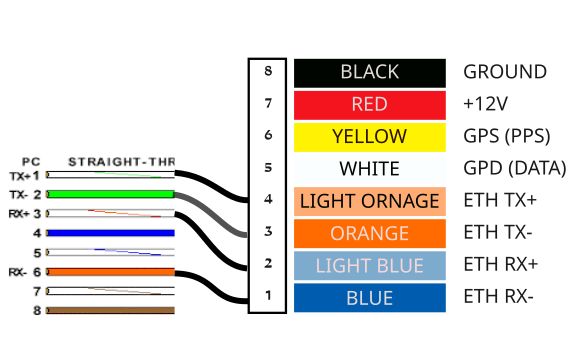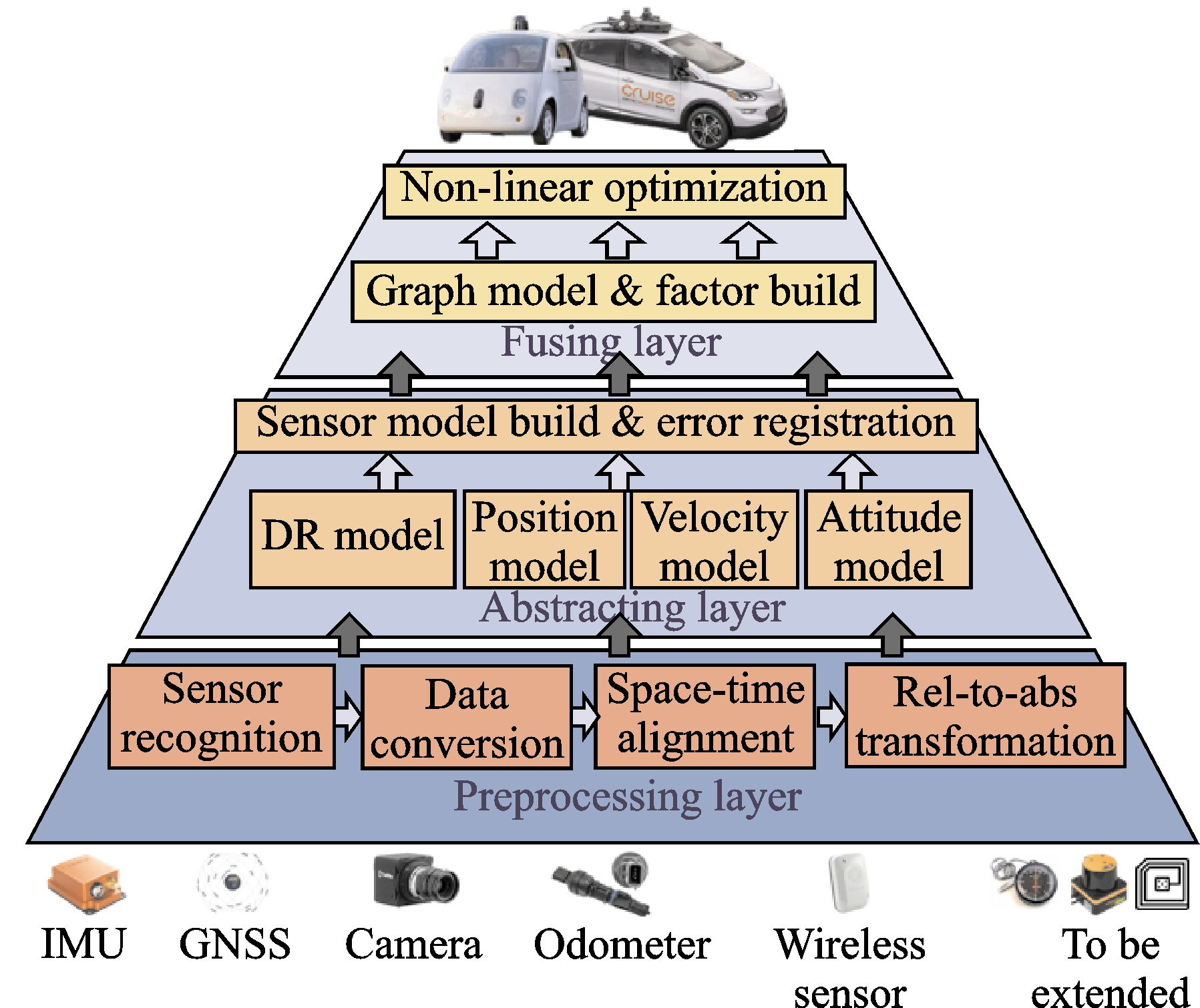Sidebar
LIDAR
VLP-16
by velodyne
PCAP capture for consumption by these 2023-10-08-23-01-18_velodyne-vlp-16-data.7z
transmits on port 2368 ip 192.168.1.201
stats on http://192.168.1.201
ATM on devdesk@telavivmakers.space
software
veloview - record/view
VelodyneCapture - capture and recorded with velodyne
veloparser - read pcap-files recorded with velodyne.
wiring
SLAM
discussed in this video is LidarView
https://github.com/TixiaoShan/LIO-SAM
How to SLAM with LidarView ? link
IMU
is Mahony AHRS same as kalman filter?
The Mahony AHRS (Attitude and Heading Reference System) filter and the Kalman filter are both used for sensor fusion and estimation, but they are fundamentally different algorithms based on different mathematical foundations and assumptions.
Mahony AHRS
- Mathematical Foundation: Mahony AHRS is based on quaternion representation and generally employs Proportional-Integral (PI) feedback control.
- Computation: Typically computationally less intensive than a full Kalman filter. This makes it popular for resource-constrained systems.
- Assumptions: Assumes that the errors are small and can be linearized.
- Tuning: Involves fewer parameters to tune, usually just the proportional and integral gains.
- Use-Case: Often used in simpler systems where computational resources are limited, like small UAVs or wearable devices.
- Accuracy: Generally less accurate than a well-tuned Kalman filter but usually sufficient for many applications.
Kalman Filter:
- Mathematical Foundation: Based on Bayesian inference and involves a state-space representation of the system.
- Computation: Can be computationally intensive, especially for systems with many states.
- Assumptions: Assumes that the system is linear or can be linearized and that the noise is Gaussian.
- Tuning: Requires more initial setup like defining the state-transition and observation matrices, and initializing error covariances.
- Use-Case: Used in more complex systems where greater accuracy is required, like navigation systems in aircraft.
- Accuracy: Typically more accurate than simpler filters like Mahony AHRS, especially when system dynamics are well-understood and can be accurately modeled.
In summary, Mahony AHRS and Kalman filters serve similar purposes but are different in their approach, complexity, and accuracy. Mahony is generally simpler and less computationally intensive, making it well-suited for simpler systems or those with limited computational resources. Kalman filters offer more accuracy and are more flexible but require more computational power and are more complex to set up.
ICM-20948
https://github.com/jremington/ICM_20948-AHRS.git - this will do calibration of imu! (also kalman?)
whatabout







